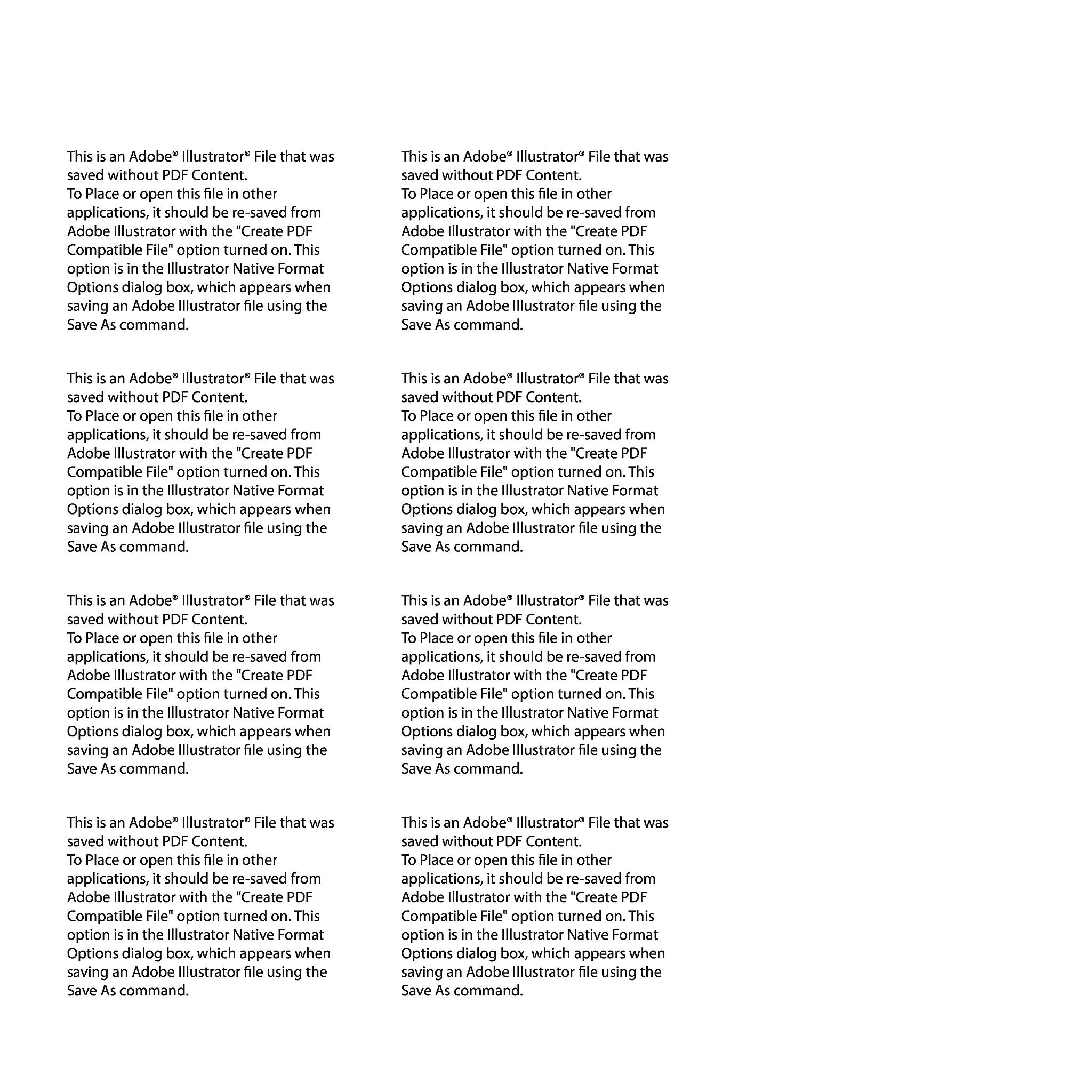Despite 的用法详解:从句型结构到注意事项
什么是'despite'?
'Despite' 是一个常用的英语词汇,意为'尽管、虽然'。它经常用来表达两种相反的情况同时存在的情形,即尽管存在某种不利的因素,但还是发生了某个事情。
使用'despite' 的句型结构
使用'despite' 时,通常会用到以下结构:
- despite + 名词
- despite + 动词的 -ing 形式
- despite + 从句
例如:
- Despite the rain, we still went hiking.
- Despite being tired, he continued working.
- Despite the fact that he was sick, he still showed up for work.
与'despite' 相关的其他词汇
除了'despite' 外,还有一些与其意思类似的词汇,例如'in spite of'、'although'、'even though' 等。它们的意思都是'尽管',但它们的使用场合和语气略有不同。
注意事项
在使用'despite' 时,需要注意以下几点:
- 'despite' 后面要接名词、动词 -ing 形式或从句,不能直接接动词原形。
- 'despite' 和 'although'、'even though' 等连词的语气略有不同,前者更强调两种情况的对比,后者则更强调后面的情况。
- 'despite' 通常用于书面语,口语中常用 'in spite of'。

原文地址: https://www.cveoy.top/t/topic/mnEo 著作权归作者所有。请勿转载和采集!